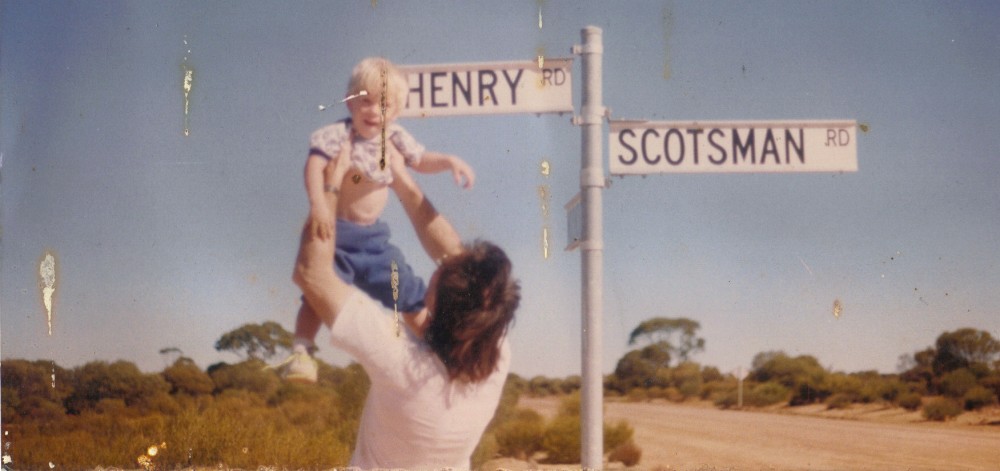I don’t know about the people of my parents’ generation, now in their eighties, but I can’t sympathetically go back earlier than as a child mis-singing “Hey Buffalo Bill, what did you kill”. I doubt I’d have heard of bungalows at that stage but news of Mister Cody had traveled far.
In discussion on communication of any kind, we should never forget there was a time when radio, television and newspapers were mediated and parents and their circle of friends and associates were of a mind to impart some things more than others. Yet still we had this treasure trove of lore.
This applies as much to the song lyric as any other mode of communication; whether you subscribe to the opinion that the true intent or feeling doesn’t become apparent until you hear it sung or you think that songpoetry will be apparent on the page. If the latter, there is still the more easily parodied second stringers who tried their hardest with a seemingly cosmic sweep but end saying little.
This is common to every era, just as there is fine music being created and performed. It’s useful to those interested in the craft, as another string in their bow. I remember reading this in a totally unrelated paper on writing (as opposed to writing on paper),
Now I say this as a person who has had a man crush on The Stranglers and adored The Fall and worshipped Elvis Costello. Someone who enjoys the heck out of Ray Davies without writing like him. And of course likes and appreciates the differences in all the great and successful songwriters such as Paul Simon (I know, it’s slim picking for Aryans) and so on and so on and doobie doobie doobie
My Olympus is populated by such legendary writers and performers as Willie Dixon. Both Captain Beefheart and Tom Waits. I like The Doors so much more than I should. And regardless of all this, the passing of one true master of the song lyric as art, as poetry, is monumental to me as someone working in that field (or even if I’d only ever listened while writing assignments or during my break). And twilight recognition to a writer who, at his best, was both universal and transmuted. Even if he couldn’t sing. A couple of people have come out and said that it should have been Cohen, not Dylan, who won the Nobel Prize for Literature. Was Dylan the sympathetic favourite because he’d had the bigger impact, or because of Blonde on Blonde and Highway 61 Revisited? For me, I saw them both live in thoroughly enjoyable concerts and my record collection is bristling, even our bookshelves have the stray work.
Despite all this, I don’t take my main cues from either, other than to give service to the power of the words to project or convey meaning once they are assembled (and this applies to knights in white satin and climbing the stairway to heaven as it does to more or less esoteric work).
